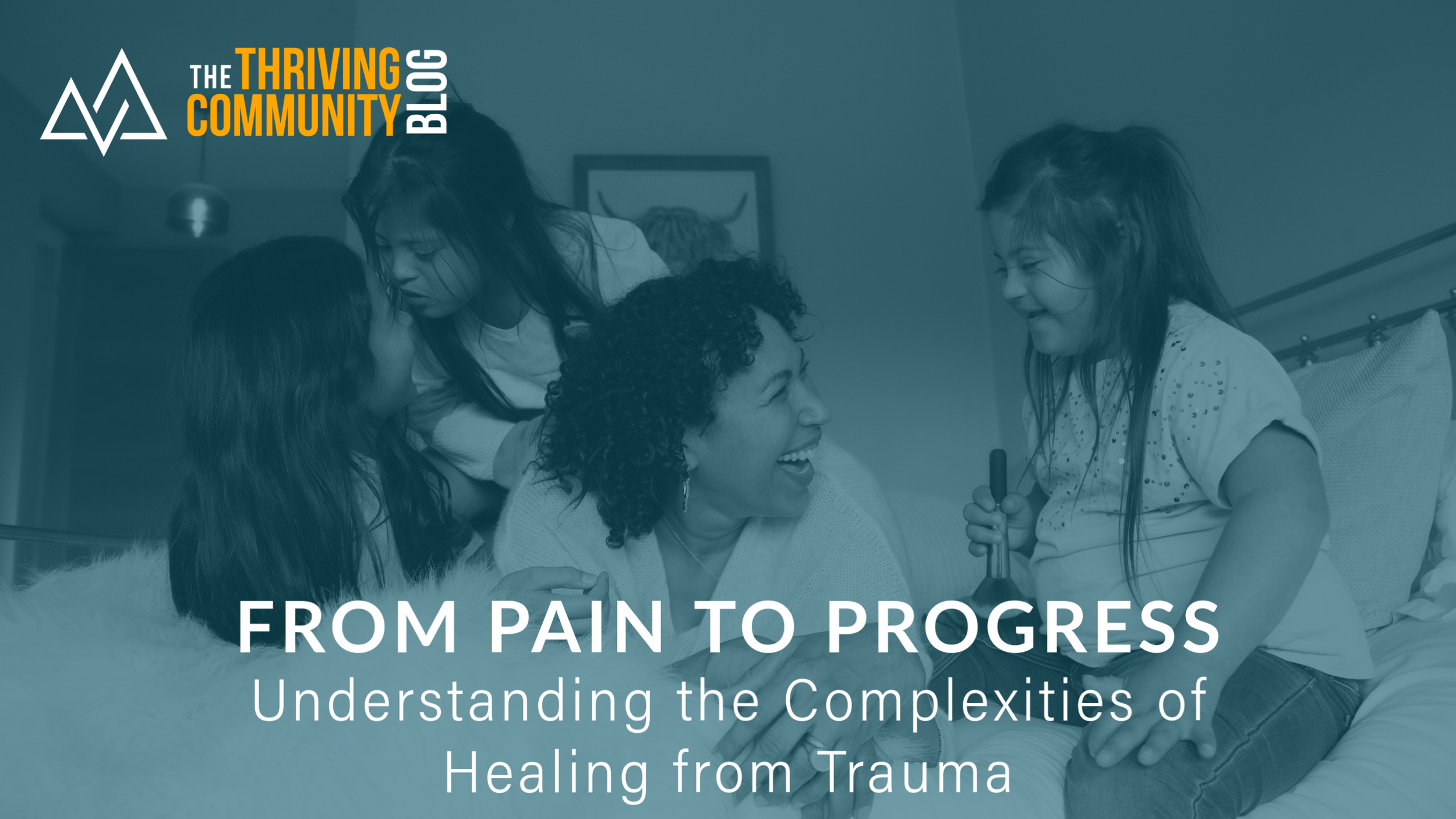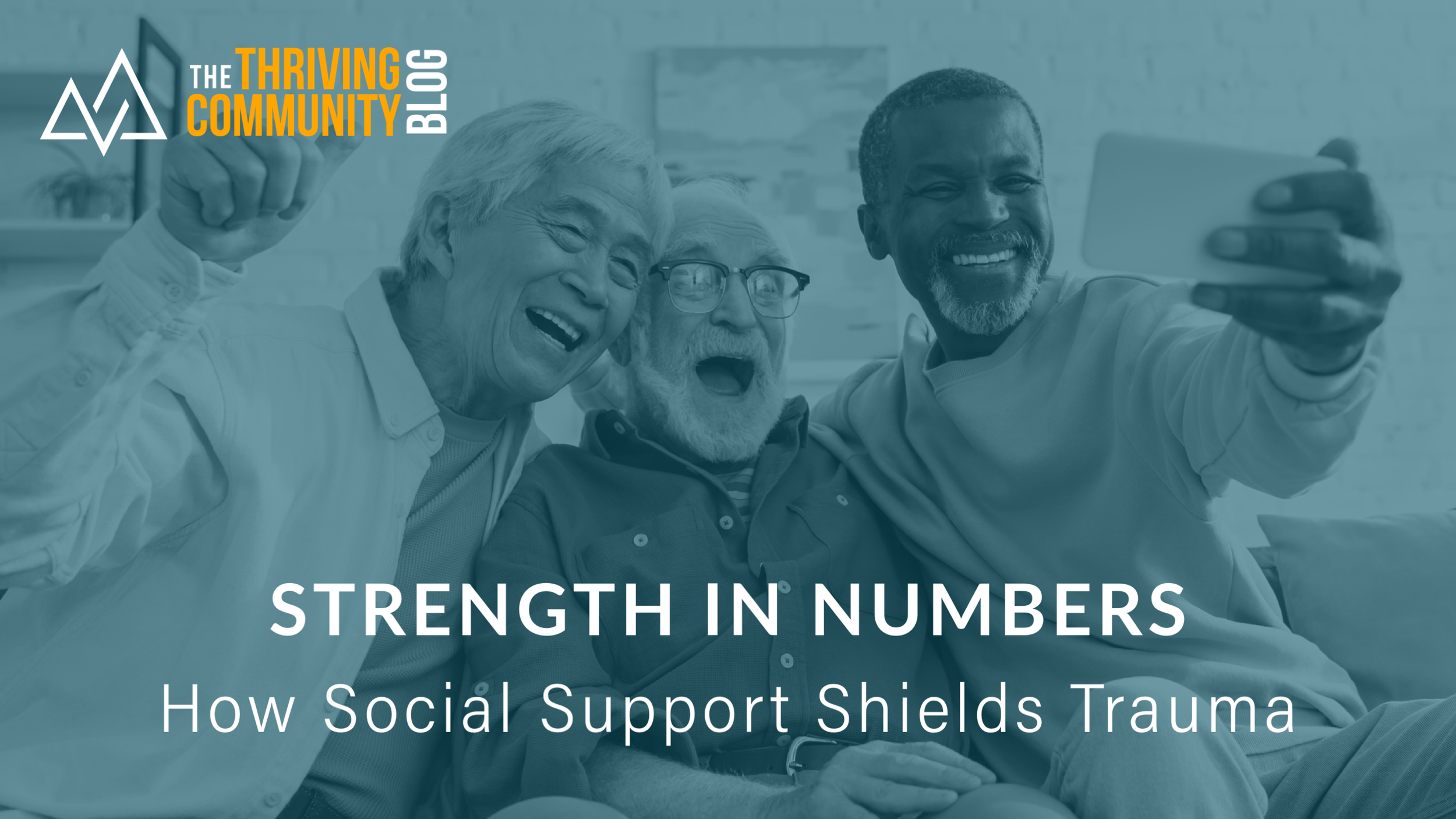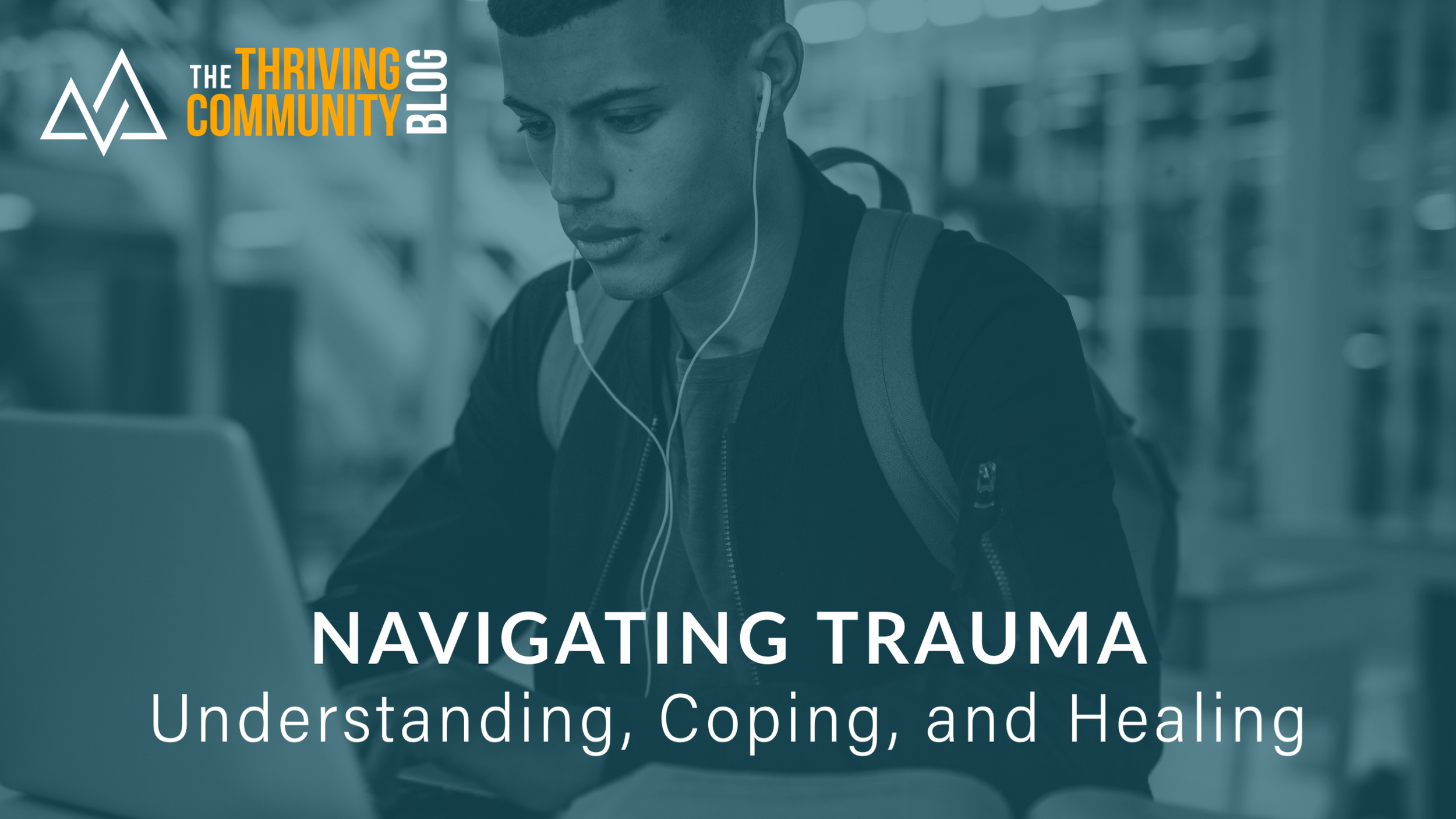
Trauma Counseling
Looking for a trauma therapist who can help you heal?
We offer a variety of therapy approaches for individuals suffering from the effects of trauma because every situation is unique. With professional therapists who will get to know your situation and help you find the relief from trauma that you deserve. We provide professional, safe, and affordable therapy services to help you thrive!
What is Trauma?
Trauma refers to a wound, shock, or injury. Psychological trauma, on the other hand, happens when a person experiences emotional distress due to an event that is too overwhelming for them to interpret emotionally. This event can be a one-time occurrence or a series of events perceived as life-threatening or seriously harmful to oneself or loved ones. It is important to note that people react to situations differently, and what one person perceives as traumatic may not be distressing to another.
Experiencing traumatic events can erode a person's feeling of safety and security in the world. It can create a sense of uncertainty that something terrible could happen. This feeling can make a person suspicious of their environment, other people, and even themselves, making it difficult for them to navigate life confidently.
Simply put, trauma therapy is a kind of mental health treatment for individuals who have been through traumatic experiences. It can help with all sorts of trauma. During trauma therapy, you will learn and practice healthy coping skills and self-care techniques to promote your well-being. Trauma therapy is designed to avoid re-traumatizing you, which means we will move at a pace that you are comfortable with. When you feel ready, we will provide you with the opportunity to process your experience in a manner that will enable you to gain a new perspective on how living with the trauma has impacted your life. We will then use different trauma therapy approaches customized to you and your needs to help you find healing from the effects of the trauma so you can thrive.
What is Trauma Counseling?

We can help you find healing as a Trauma Survivor. As professional therapists in Nashville, we can help you:
Regain the mental and emotional energy that went to the constant intrusive thoughts and memories
Enjoy healthy relationships again with a regained ability to trust yourself, others, and your surroundings
Improved physical health with better sleep, eating habits, and physical activity.
Improved, authentic, and stable sense of self, no longer seeing yourself through the lens of your traumatic experience
Increased sense of safety in navigating your surroundings, knowing your true power
And more.
Horn Counseling
Our Trauma Counseling Intake Process
01. Using the button below, you can schedule a free 15-minute consultation. Then, our admin team will confirm the details and email you a short questionnaire to complete.
02. One of our therapists will reach out to you at the scheduled time for the video consultation to learn more about your therapy goals and answer all your questions about the therapy process.
03. Assuming the therapist is a good fit and both parties want to work together, we’ll schedule the first intake session and go from there. If, for some reason, Horn Counseling doesn’t have a therapist that is a good fit for your therapy goals, we want to help you find a therapist that is.

the Trauma Counseling you Deserve to Thrive
Articles on Trauma
FAQ
You May Be Wondering…
-
The most basic definition of trauma is any disturbing life event that leaves a lasting negative impact on you.
-
Trauma is not limited to catastrophic events like natural disasters or war. It can also be caused by experiences of loss, medical emergencies, bullying, infidelity, divorce, and more. Even vicarious traumas, like watching news coverage of disasters or hearing about someone else's experience, can take a toll.
-
Several factors influence which life events will impact us negatively and which won’t. These factors include but are not limited to -
Being in the midst of a life transition (starting a new school, an upcoming or recent move, etc)
Personality and temperament
Developmental vulnerability
Home environment and attachment to parents
History of trauma
Mental and emotional health
Support or lack of support following trauma
History of generational trauma (for example, ancestors who survived slavery or the Holocaust - research is coming out about large-scale trauma’s impact on our genes that then gets passed down to future generations)
-
Trauma impacts the whole self - your body, mind, emotions, and relationships. It can rob you of the joy of being alive, leaving you both hypervigilant to any sense of danger and despondent to yourself, the world, and your future.
-
Shock, denial, or disbelief
Anger, irritability, mood swings
Fear, worry
Guilt, shame, self-blame
Feelings of powerlessness
Self-doubt, self-contempt
Feelings of unworthiness and inadequacy
Sadness, hopelessness
Learned helplessness
Despair, ambivalence
Disconnection, numbness
-
Physical responses to Increased stress levels - ulcers, intestinal problems, lower backaches, stiff neck, tight jaw, chronic headaches, general aches and pains, general muscle tension
Headaches
Fatigue
Sleep disturbances
Eating disturbances
Heightened startle response
Difficulty concentrating
Reactionary cycle of fight, flight, freeze
-
Anxiety
Depression
Panic attacks
PTSD
Difficulty concentrating
Loss of motivation
Substance abuse
Suicidal ideation
-
Hypervigilance to betrayal
Inability to trust relational intuition
Loss of hope for intimacy
Distrust of vulnerability
Sexual dysfunction, addiction
Isolating and withdrawing from others
-
Based on a survey of nearly 69,000 adults in 24 countries, the World Mental Health Survey Consortium found that 70 percent of adults have had at least one experience of trauma in their life. Five types of events—witnessing death or serious injury, experiencing the unexpected death of a loved one, being mugged, being in a life-threatening automobile accident, and experiencing a life-threatening illness or injury—account for more than half of the instances of trauma exposure. Trauma, however, is subjective. People can experience the same event, but whether it is traumatic depends on the coping resources and other factors they bring to the experience.
-
Trauma therapy can be beneficial immediately following a traumatic event. Trauma therapy is especially helpful for individuals who experience prolonged symptoms of distress after a month following a traumatic event or whose symptoms become severe enough to interfere with their daily lives. Therapy can assist in developing coping mechanisms, strengthening resilience, and addressing unresolved distressing motions that may hinder daily life.
-
There are several different types of trauma, with differing consequences for mental health.
Acute trauma is a short-term intense distress that can result from an unexpected event such as a car crash, assault, sudden death, or medical emergency.
Chronic trauma is a condition that results from the harmful and long-lasting effects of repeated events. It can be caused by ongoing bullying, neglect, emotional, physical, or sexual abuse, and domestic violence. Since it is a persistent and inescapable experience, chronic trauma often leads to severe mental health problems for individuals.
Complex trauma can arise from experiencing repeated or multiple traumatic events of differing types from which there is no possibility of escape, such as repeated child abuse. The sense of being trapped is a feature of the experience. Like other types of trauma, it can undermine a sense of safety in the world and beget hypervigilance and constant (and exhausting!) monitoring of the environment for the possibility of threat. Complex trauma experienced in childhood has been associated with the development of borderline personality disorder as well as PTSD.
Secondary trauma, also known as vicarious trauma, occurs when an individual is exposed to the suffering of others. This can happen to professionals who are frequently called upon to respond to injury and chaos, such as physicians, first responders, and law enforcement personnel. Over time, these individuals are at risk of experiencing compassion fatigue, which involves avoiding emotional investment in others as a means of protecting themselves from distress.
Adverse Childhood Experiences (ACEs) are difficult and potentially traumatic situations that children under 17 face or witness, disrupting the nurturing bond between them and caregivers, and can negatively affect normal development. The more ACEs experienced, the greater the risk for future mental and physical health problems. Child health experts are increasingly checking for ACEs to mitigate or prevent depression, heart disease, and other common disorders.
-
The primary objective of trauma therapy is to help individuals overcome past traumatic experiences and successfully reintegrate into daily life. The benefits of trauma therapy can include:
Improved daily functioning
Focusing on the present instead of the past
Turning unhelpful thoughts and perspectives into helpful ones
Eliminating or reducing symptoms of trauma or PTSD
Developing new coping skills
The ability to think about the reality of the event and not get sucked in









